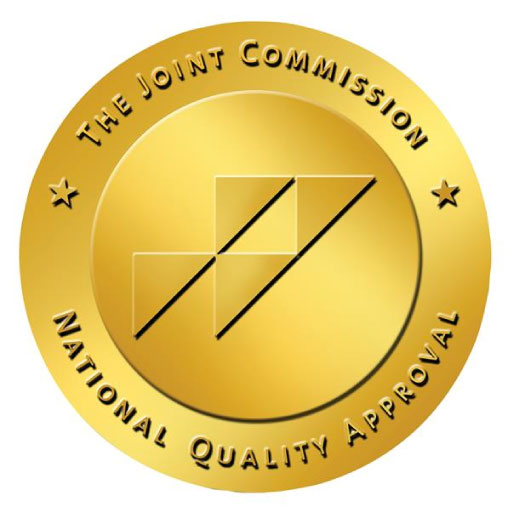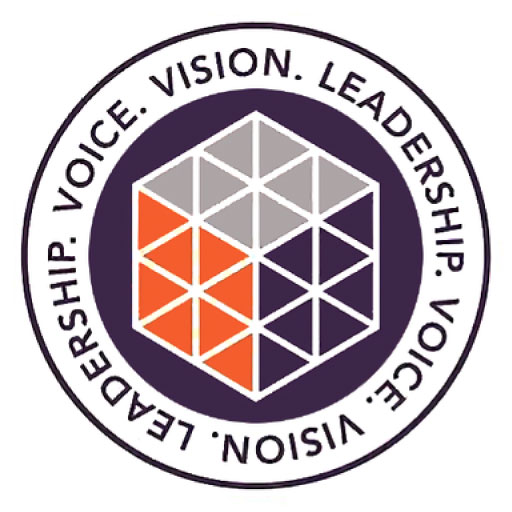For many of us, when we first scan the infamous 12 steps to recovery popularized by Alcoholics Anonymous, the steps that cause us the most anxiety are steps 8 and 9. These are the steps that require us to make a list of everyone we have harmed as a result of our addiction, and then go to those people and make direct amends, if at all possible. This means not only facing the people we have hurt, but offering a sincere apology and demonstrating to them that we have permanently changed our behavior. Facing some of the embarrassing and destructive things we have done under the influence of drugs or alcohol can be incredibly painful, especially when it means having an honest conversation about it with someone we have hurt. While these steps are among the most difficult, they are also among the most important for your recovery and the healing of those around you.
We help people with addictions and substance use disorders recover. Get mindfulness training and learn the 12 Steps for deeper healing.
Here are 5 tips for how to get through making amends, and even find some joy in the process.
1. Make Your Amends in Person
While it might be tempting to write a letter or make a phone call to apologize to someone you have hurt, always try to meet with that person face to face if it is possible and safe to do so. Looking someone in the eyes and holding yourself accountable can be incredibly healing for both of you. It shows the other person that you aren’t afraid to face your past because you are firmly rooted in your intentions for a different future. It is also a display of sincerity that lets the other person know you are willing to put yourself in an uncomfortable position in order to make your apology count. Always consider your own safety and the safety of others when deciding whether to make amends in person.
2. Take Action
Making amends is not simply saying you are sorry. It is likely that you said you were sorry many times while actively abusing substances, and then continued to repeat the same behavior. “Sorry” might not mean much to your friends and family at this point, which is why it is crucial that you follow up your apologies with constructive action. For example, if you stole something from someone or borrowed money without paying it back, now is the time to show them you truly regret your actions by paying them back or replacing what you took.
3. Consider the Other Person’s Feelings
Making amends is not only about you. You must be willing to listen to the feelings and concerns of the people you have hurt, and to be sympathetic to their potential unwillingness to believe what you have to say. It is up to you to prove your intentions with your actions. It may take time for someone to forgive you for your past behavior, and you must allow them to process your apology and recovery efforts at their own pace. If the person you wish to apologize to doesn’t want to see or hear from you, you must respect their decision. You can’t force someone to communicate or accept an apology from you, but you can continue to move forward in the process of making amends by taking positive action elsewhere in your life.
4. Be of Service
Being of service to others is the most genuine way to make amends. You can be of service to your friends and family by becoming someone reliable that they know they can count on, and finding opportunities to help them out in areas of their lives where they may be struggling due to your past behavior. You can also be of service to your community through volunteer work and, when you are ready, as a mentor for others battling addiction. This is a great way to make amends for pain you may have caused people who you are unable to apologize to directly, due to distance or circumstance.
5. Let go of Shame
The reason we fear steps 8 and 9, is because we incorrectly associate the act of making amends with feelings of guilt and shame. Working these steps properly will have the exact opposite effect. By considering all those you have hurt and what behaviors of your addiction have brought shame to you and your loved ones, you will begin to see that you are not your addiction. Your addiction is a terrible disease that impersonates your identity and causes you to act in selfish and embarrassing ways. By understanding this separation, you can begin to discover who you truly are, and will likely find that you are a good person who is deserving of love and healthy relationships.






